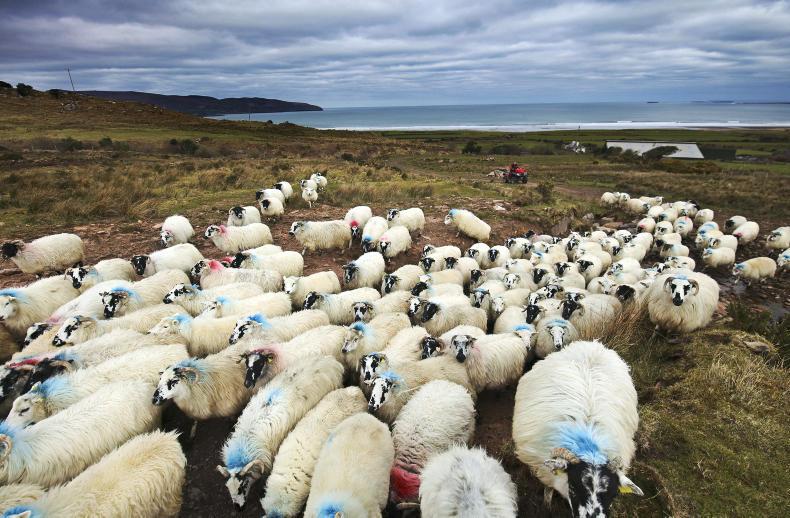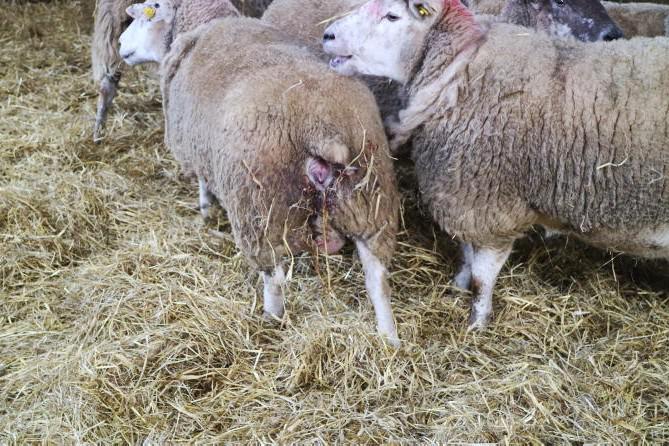Scanning hill ewes
Pregnancy scanning is ramping up in hill flocks. The requirements of the Sheep Welfare Scheme are also fresh in applicants’ minds following the recent circulation of year three information and a new scheme action book. Year three of the programme began on 1 February and therefore scanning results carried out after this date should be recorded in the most recently received scheme action book.
There have been some questions raised again regarding feeding programmes, with farmers wishing to ensure they are following the correct guidelines. With the favourable weather over the winter and higher level of vegetation present some farmers on exposed hills that are hard to reach are enquiring if feed buckets or a combination of feed buckets and other supplementation methods can be used to supplement ewes under the scheme in late pregnancy.
The Department has maintained a consistent message on feeding programmes. As long as the feeding programme implemented delivers on its objective of reducing lamb mortality and shows steps have been taken to enhance ewe productivity, farmers can continue with traditional practices. The advice is for ewes to be grouped according to litter size so that they can receive targeted treatment. Looking at costs, concentrate supplementation is the best value on a simple cost analysis but account also needs to be taken of labour. The same advice pertains as with concentrates when weighing up feed buckets, molasses or feed cobs – study the ingredients and energy content closely before purchasing. Molasses is another option used to reduce labour in extensive feeding systems and the note of caution here is to ensure protein supplementation is adequate in the final weeks of pregnancy.
There is also scope to mix litter sizes where warranted. For example, a popular exercise is to group aged ewes or single-bearing ewes lacking condition with twin-bearing ewes for a higher plane of nutrition and this is perfectly acceptable under the scheme. The Department advises that whatever feeding programme is implemented is recorded in the scheme action book to show that recommended feeding levels have been met.
Hill sheep conference
Teagasc is holding its hill sheep conference on Tuesday 19 February in the Glendalough Hotel, Glendalough, Co Wicklow. The Department of Agriculture-approved Knowledge Transfer sheep event starts at 6pm with KT sign-in from 5.30pm. Dr Peter Bates, a UK-based sheep scab specialist, will discuss external parasite control strategies concentrating on sheep scab. Scottish sheep farmer Bobby Lennox farms on the hills overlooking Loch Lomond and will present his views, while the third section includes a panel discussion on linking the market. This will include Dan McCarthy, manager of Kenmare Mart, discussing the potential to link store lamb hill producers with lowland farms, Brendan Joyce, hill lamb finisher and a key member of the INHFA, Kepak and Bord Bia marketing initiative Atlantic Hill Lamb and James Smyth, Irish Country Meats.










SHARING OPTIONS